This is the information given at the Conference on promoting rice production, export and stabilizing the rice market by The Ministry of Industry and Trade organized on September 10 to promptly implement the Prime Minister's Official Dispatch No. 160/CD-TTg on strengthening the implementation of tasks and solutions to promote production, export and stabilize the market. rice.
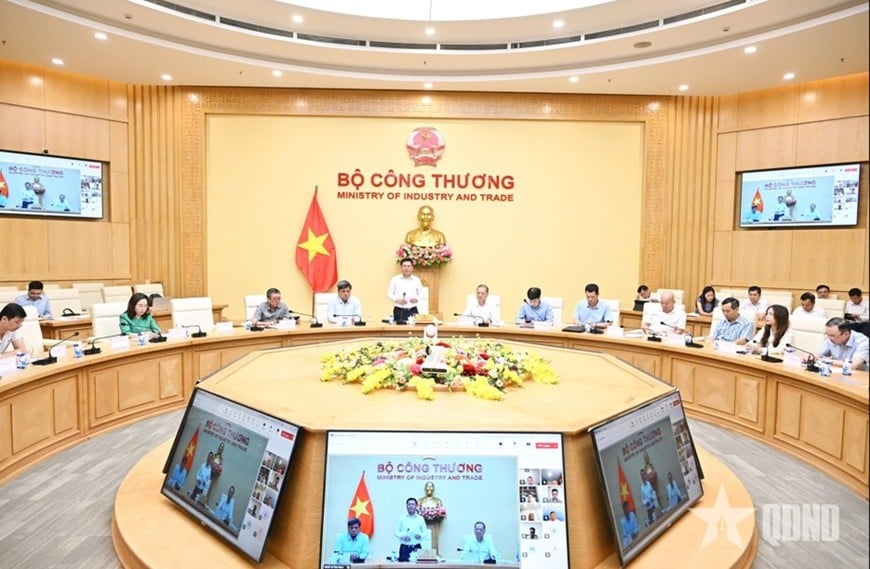
Vietnamese rice is present in 80 countries and territories.
At the conference, representatives of associations and major rice exporters in the industry reflected and shared difficulties and obstacles in production, business and export activities that need to be supported and resolved. Representatives of some Vietnamese trade offices abroad also highlighted the potential of some new markets such as Senegal, Bangladesh, etc. for businesses to take advantage of opportunities to diversify markets in the current context.
At the conference, Deputy Minister of Agriculture and Environment Tran Thanh Nam said that the overall goal of the agricultural sector is to both maintain domestic food security and maintain export value when major partner markets stop importing rice from September 1. It is expected that by mid-September 2025, the Summer-Autumn crop will basically be harvested. According to the crop structure, the Autumn-Winter crop will be harvested in November and December. The Ministry of Agriculture and Environment aims to avoid local congestion during the concentrated rice harvest period. The crop calendar in each region will be closely followed to balance output, while maintaining the high-quality rice structure, ensuring supply for both the domestic and export markets.
Regarding the balance of supply and demand for exported rice, the Deputy Minister of Agriculture and Environment said that Vietnamese rice has been present in 80 countries and territories. Of which, Australia highly appreciates the quality of Vietnamese rice, showing the potential for market expansion that does not depend only on a few traditional countries. Many African countries have also expressed interest and desire to import Vietnamese rice in the coming time. On that basis, the Deputy Minister of Agriculture and Environment suggested that the system of Trade Counselors strengthen connections and market information in the home country, so that domestic enterprises can have appropriate export strategies.
“It is important that production must follow demand, have close links, and reduce costs to increase competitiveness. Then, the Vietnamese rice market will be more stable in the face of fluctuations,” Deputy Minister Tran Thanh Nam emphasized.
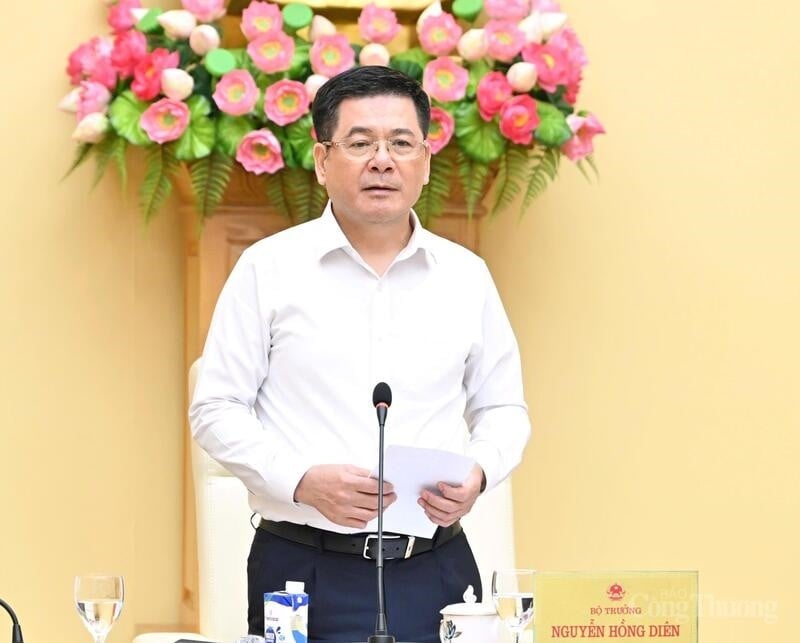
Overall, the output of Vietnamese rice remains stable.
At the conference, Minister of Industry and Trade Nguyen Hong Dien emphasized that rice is not only an essential food item but also has strategic and vital significance for hundreds of countries and many continents. In particular, for countries that do not have conditions for self-sufficiency in production or face socio-political difficulties, rice becomes a national security item.
According to Minister Nguyen Hong Dien, for Vietnam, today, with an export output of tens of millions of tons, rice has brought in tens of billions of USD each year, contributing greatly to import-export turnover and the national budget, while creating jobs and income for millions of farmers. “Therefore, rice export not only has economic significance, but also contributes to affirming the position and image of a developed Vietnam, contributing to poverty reduction and ensuring global food security,” the Minister of Industry and Trade emphasized.
Agreeing with the opinions expressed at the conference, Minister Nguyen Hong Dien assessed that in the first 8 months of 2025, the Vietnamese rice industry has achieved very positive results. Up to now, our country has exported about 6.3 million tons of rice, an increase of 2% over the same period. With the annual plan of 8 million tons, in just 2/3 of the way, our country has completed nearly 80% of the target and is completely capable of exceeding the plan. Notably, Vietnamese rice has been present in many traditional markets and expanded to new markets such as the Middle East, Africa, and West Asia.
However, the Minister of Industry and Trade also stated that some key markets such as Indonesia and the Philippines temporarily suspended imports for a short period of time, creating pressure on prices and consumption, but overall, the output of Vietnamese rice remains stable and import demand in many markets will return at the end of the year. However, Minister Nguyen Hong Dien emphasized that we must not be subjective, we must diversify markets, diversify products, increase the value of Vietnamese rice, and at the same time strengthen the brand and quality of Vietnamese rice.
Diversifying rice export markets, considering increasing short-term national reserves
Minister Nguyen Hong Dien pointed out many groups of tasks and solutions that need to be implemented in the coming time. Accordingly, the Ministries (Industry and Trade, Agriculture and Environment, Foreign Affairs, etc.) need to proactively monitor the Philippines' suspension of rice imports and Indonesia's actions to advise timely solutions; update and guide localities and businesses on policy changes in these two markets; diversify export markets (Africa, Middle East, South Asia, West Asia, South America) to reduce dependence; support businesses to shorten and digitize import-export procedures, reduce purchasing and logistics costs.
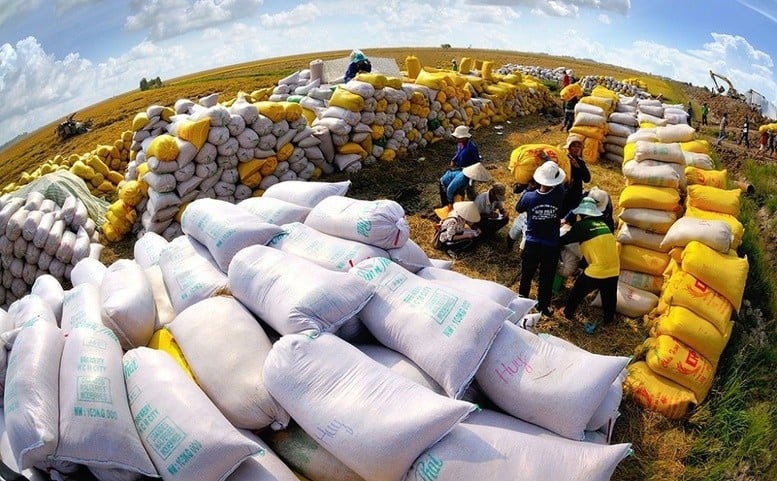
The Minister of Industry and Trade also requested units to increase communication, negotiation, signing new or upgrading existing agreements on rice trade with countries, especially countries and regions with great potential or countries that have free trade agreements with our country.
To support businesses, the Minister of Industry and Trade requested the Ministry of Finance and the State Bank to speed up value-added tax (VAT) refunds for rice exporting businesses, simplify customs procedures and customs clearance at times when import demand increases, consider raising credit limits and providing timely capital for businesses to purchase and temporarily store, and consider increasing short-term national reserves.
For rice exporting enterprises, Minister Nguyen Hong Dien suggested that it is necessary to focus on maintaining the quality of goods, continue to research the market and meet the standards set by importing countries. At the same time, it is important to build, consolidate and promote the Vietnamese rice brand in export markets. Increase sales to Africa, Bangladesh, Senegal, the Middle East and other markets in need; diversify product types, niche markets and markets with high requirements...
Source: https://baolangson.vn/mot-so-thi-truong-tam-ngung-nhap-khau-gao-viet-nam-chu-dong-ung-pho-5058677.html



![[Ảnh] Chủ tịch nước Lương Cường tiếp Bộ trưởng Quốc phòng Thổ Nhĩ Kỳ Yasar Guler](https://vphoto.vietnam.vn/thumb/1200x675/vietnam/resource/IMAGE/2025/9/11/7f1882ca40ac40118f3c417c802a80da)


![[Photo] General Secretary To Lam chairs the Politburo's working session with the Standing Committee of the National Assembly Party Committee](https://vphoto.vietnam.vn/thumb/1200x675/vietnam/resource/IMAGE/2025/9/11/e2033912ce7a4251baba705afb4d413c)


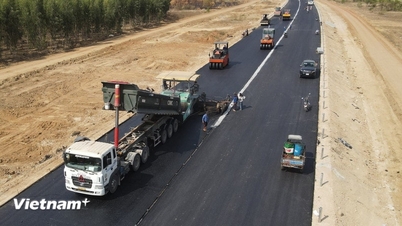

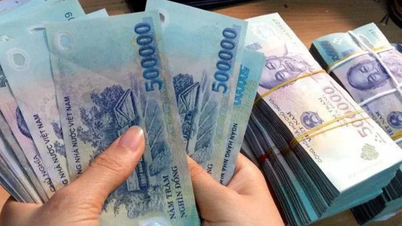






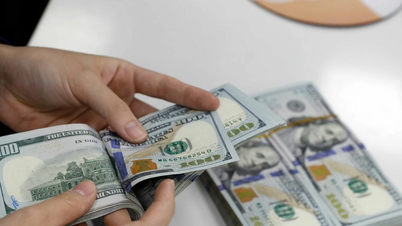




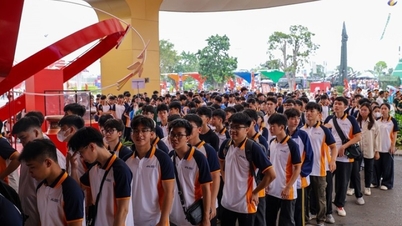




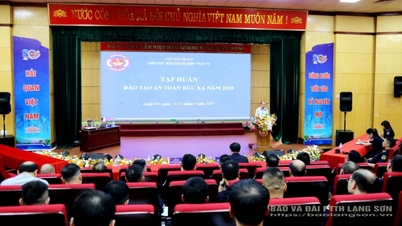



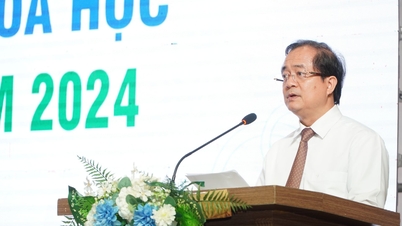










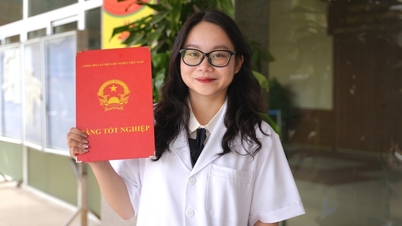








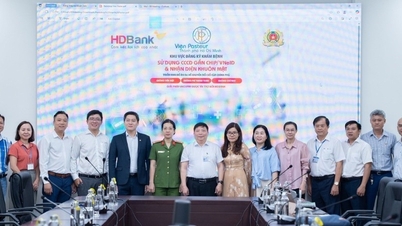

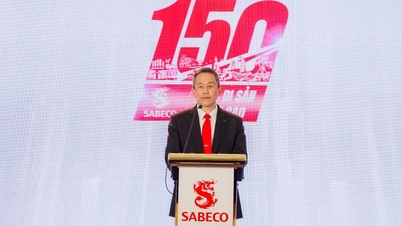



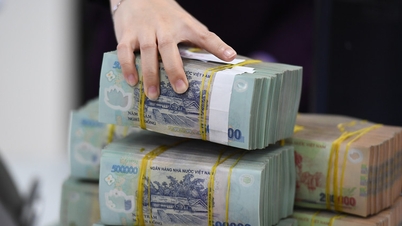









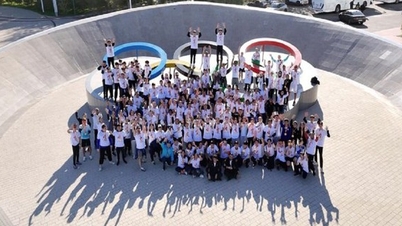

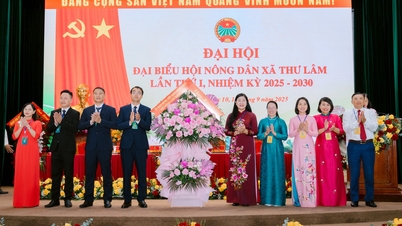



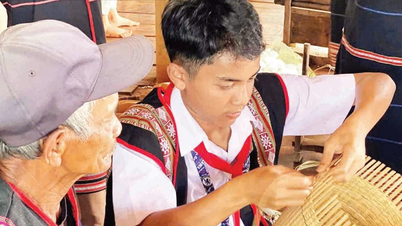








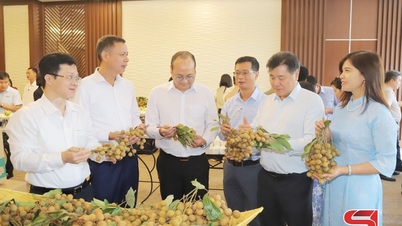



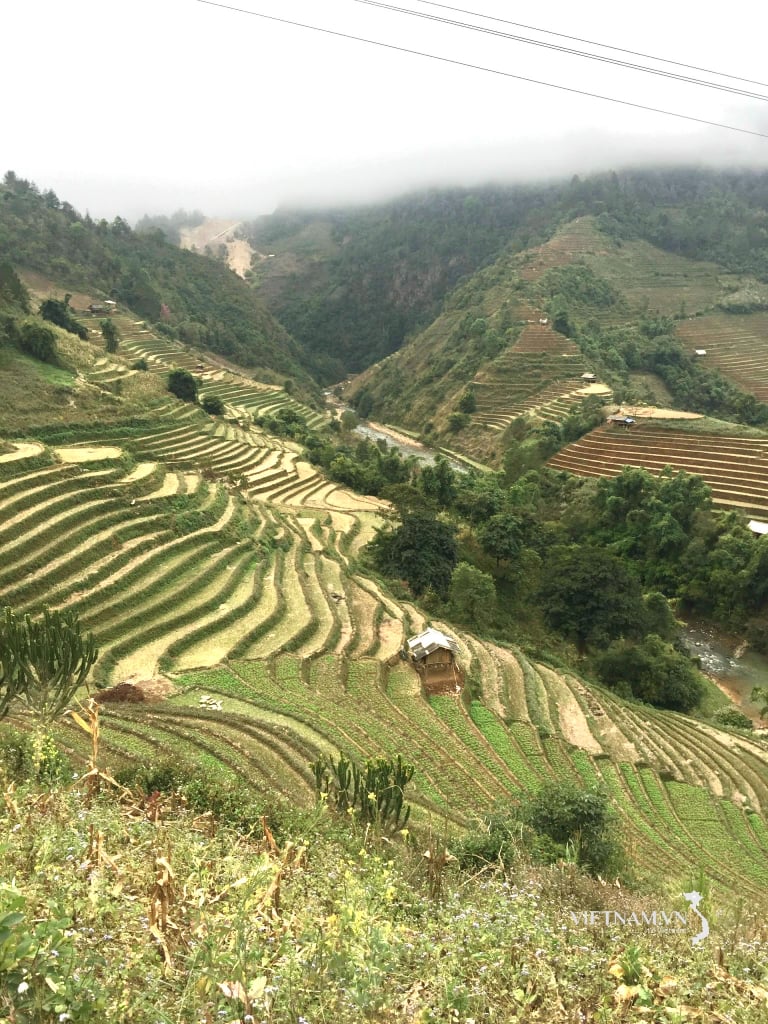


Comment (0)